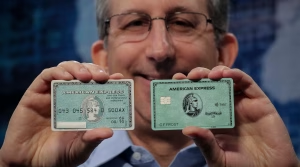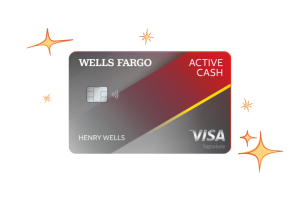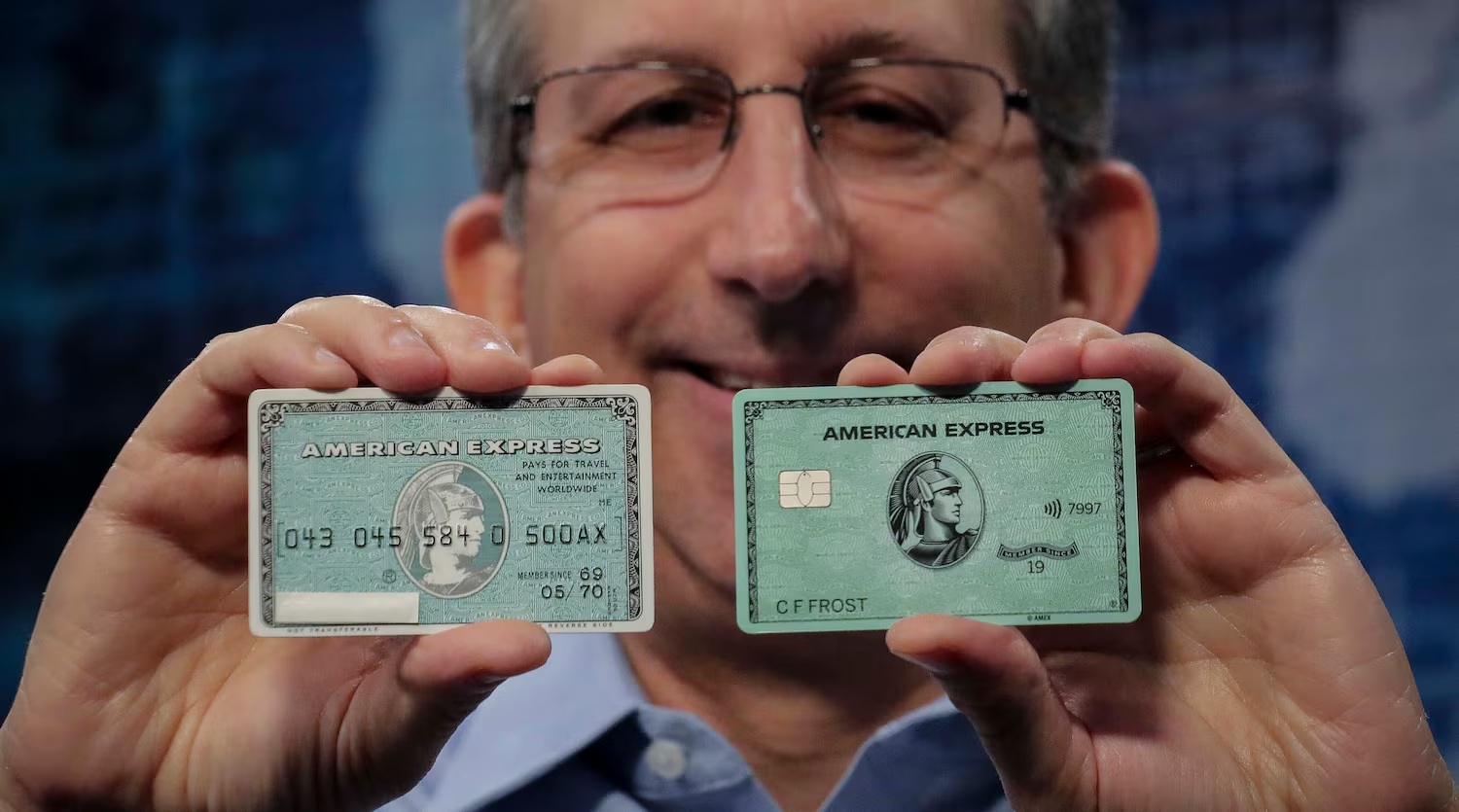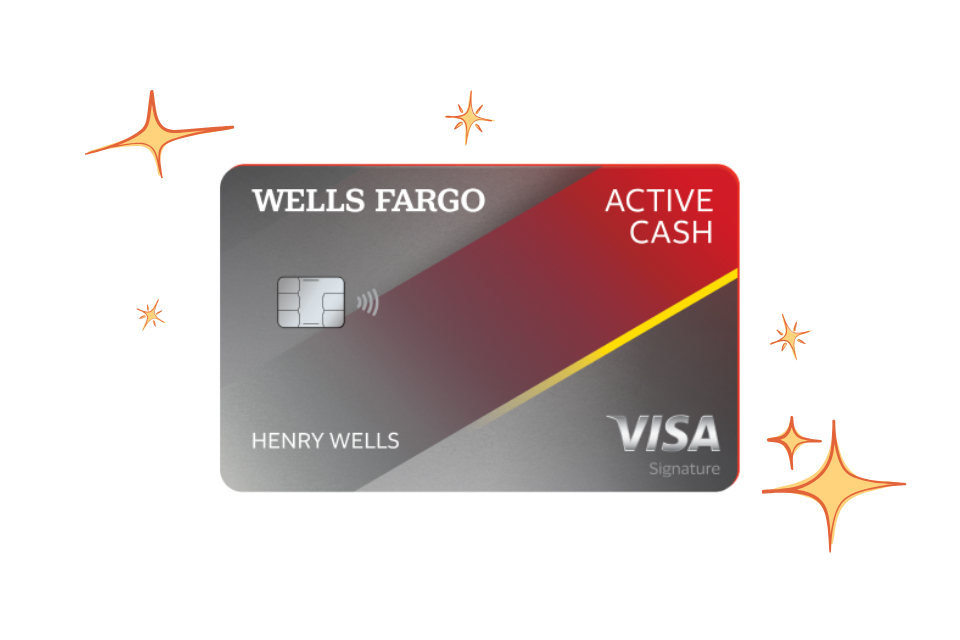Your US credit score… it’s talked about everywhere, from apartment applications to loan approvals. But with all the chatter, it’s easy to pick up some ideas about credit scores that just aren’t quite right. Misinformation about what helps or hurts your score is super common, and believing these myths can actually lead you down the wrong financial path. Let’s shine a light on some persistent misconceptions and uncover the real truths about how your credit score works in the United States. Knowing fact from fiction is your key to making smart credit decisions.
Don’t let outdated beliefs or internet whispers mess with your credit-building efforts. Understanding the reality is simpler – and much more effective – than you might think.
Myth 1: Paying Off Debt Is All You Need The Belief: “As long as I pay off my balances, my score will be perfect.” The Reality Check: Paying off debt is CRUCIAL and the most important action for your payment history (35% of your score!). But it’s not the only thing that matters.
Yes, paying on time is non-negotiable for a good score. However, your credit utilization ratio (how much credit you use vs. your limit) also plays a huge role (30%). Even if you pay your bill in full every month, if you’re using 80% of your credit limit before paying it off, that high utilization could be reported and temporarily ding your score.
Myth 2: Closing Old Accounts Is Good (Less Available Credit, Less Temptation!) The Belief: “I paid off that old card, I never use it, so I’ll just close it to simplify things/remove temptation.” The Reality Check: Closing old, well-managed accounts can actually hurt your score.
Why? Two main reasons. First, it instantly reduces your total available credit, potentially increasing your credit utilization ratio if you carry balances on other cards. Second, it can shorten your length of credit history over time, especially if it was one of your oldest accounts. Credit scoring models like to see a long history of responsible behavior.
Myth 3: Checking Your Own Score Hurts It The Belief: “Every time I check my score, it goes down.” The Reality Check: Checking your own credit score or report using legitimate free services (like your bank, credit card app, or AnnualCreditReport.com) is a “soft inquiry” and does NOT affect your credit score at all.
The type of inquiry that can slightly lower your score is a “hard inquiry.” These happen when you apply for new credit (like a credit card, loan, or mortgage), and a lender pulls your report to make a lending decision. A hard inquiry typically has a very small impact and fades after about a year.
Myth 4: Carrying a Small Balance Helps Your Score The Belief: “I should leave a little bit of debt on my card to show I use credit.” The Reality Check: Absolutely not. Carrying a balance means you pay interest, which is just wasting money. While you need some activity reported, paying off your balance in full every month is the ideal scenario.
What helps your score is a low utilization ratio being reported, not paying interest. Paying off your statement balance in full before the due date achieves low utilization (often effectively 0% on new purchases due to the grace period) AND means you pay zero interest. Win-win.
Myth 5: Your Income Directly Affects Your Credit Score Number The Belief: “If I make more money, my credit score will automatically go up.” The Reality Check: Your income is a factor lenders look at when deciding whether to approve you for credit and determining your credit limit, but your income information is NOT included in the calculation of your FICO or VantageScore credit score itself.
Your score reflects how you manage the credit you have, not how much money you make. However, higher income can indirectly help your score by making it easier to pay bills on time and keep utilization low.
Myth 6: Marriage Merges Credit Scores The Belief: “When I get married, my spouse’s good/bad credit score will become mine.” The Reality Check: Credit scores are individual. Getting married does not combine your credit reports or scores with your spouse’s.
However, actions taken jointly after marriage (like opening joint accounts or applying for a mortgage together) will appear on both of your reports and affect both of your scores. One spouse’s poor credit can make it harder or more expensive for the couple to get approved for joint credit.
Myth 7: You Need to Carry Different Types of Debt The Belief: “I should get an installment loan even if I don’t need one, just to improve my credit mix.” The Reality Check: While Credit Mix is a factor (around 10%), it’s the least important one.
You absolutely should not take on debt you don’t need (like a loan) just to tick this box. The interest costs far outweigh any minor potential benefit to your score from diversifying your credit types. Focus on mastering payment history and utilization first.
Myth 8: Paying Bills Like Rent and Utilities Builds Credit The Belief: “I always pay my rent and electricity on time, that must be helping my credit score.” The Reality Check: Traditionally, rent, utility, and phone bill payments were NOT reported to the major credit bureaus unless they went to collections (which hurts you).
However, this is slowly changing. Some newer services allow you to opt-in to have rent payments reported (e.g., through RentReporter, LevelCredit, etc., often for a fee). Experian Boost also allows you to potentially add utility and phone payments. Check these services, but don’t assume these payments are automatically helping your score unless you’ve specifically signed up for a service that reports them.
The Bottom Line on Credit Score Facts
Getting your facts straight about US credit scores is foundational to financial health. Don’t fall for the common myths. Focus on the proven actions that truly build a strong score: paying all your bills on time, keeping credit card balances low, managing your credit history with care, and applying for new credit strategically. By understanding these truths, you take control and work smarter, not harder, towards your credit goals.
















